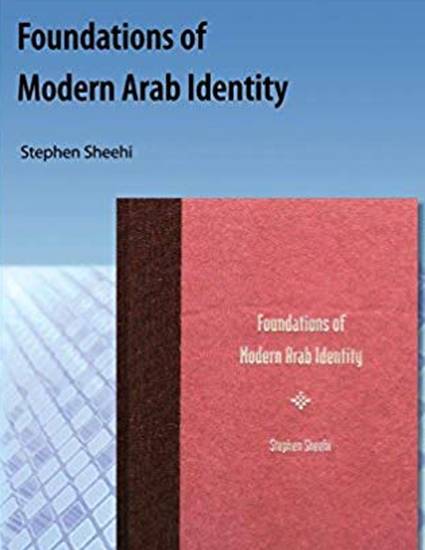
Book
Foundations of Modern Arab Identity
(2004)
Abstract
Stephen Sheehi's pioneering book seeks a decolonial method and theory in exploring the epistemology of the Arab Renaissance (al-nahdah al-'arabiyah), a period that defines "Arab modernity." Using psychoanalytic and post-structuralist theory, Sheehi looks at texts by writers such as Butrus al-Bustani, Salim al-Bustani, Ahmad Faris al-Shidyaq, Muhammad al-Muwaylihi, Farah Antun, Muhammad Abduh and others. His analysis deconstructs popular and academic perceptions--especially prevalent after 9/11--that Arabs have failed to internalize modernity. Sheehi's analysis seeks to find a common epistemology scaffolding of analytic categories such as "Christian secularists," "Islamic modernists" and "reformers," and "Arab nationalists." He does so by understanding the paradigms and syntagms that cut through a diverse body of Arabic writing (fiction and non-fiction), which produced a body of knowledge that constituted modernity in the Arab world well into the 21 century.
Keywords
- Arab world,
- Middle East Studies,
- Decoloniality,
- Nahda,
- Bustani,
- Muhammad Abduh,
- al-Shidyaq,
- Arab nationalism,
- Arab novel,
- Arab writing,
- Modernity,
- Arab Modernity
Disciplines
Publication Date
May 1, 2004
Publisher
University Press of Florida
ISBN
9780813027326
Citation Information
Stephen Sheehi. Foundations of Modern Arab Identity. (2004) Available at: http://works.bepress.com/stephen-sheehi/3/
